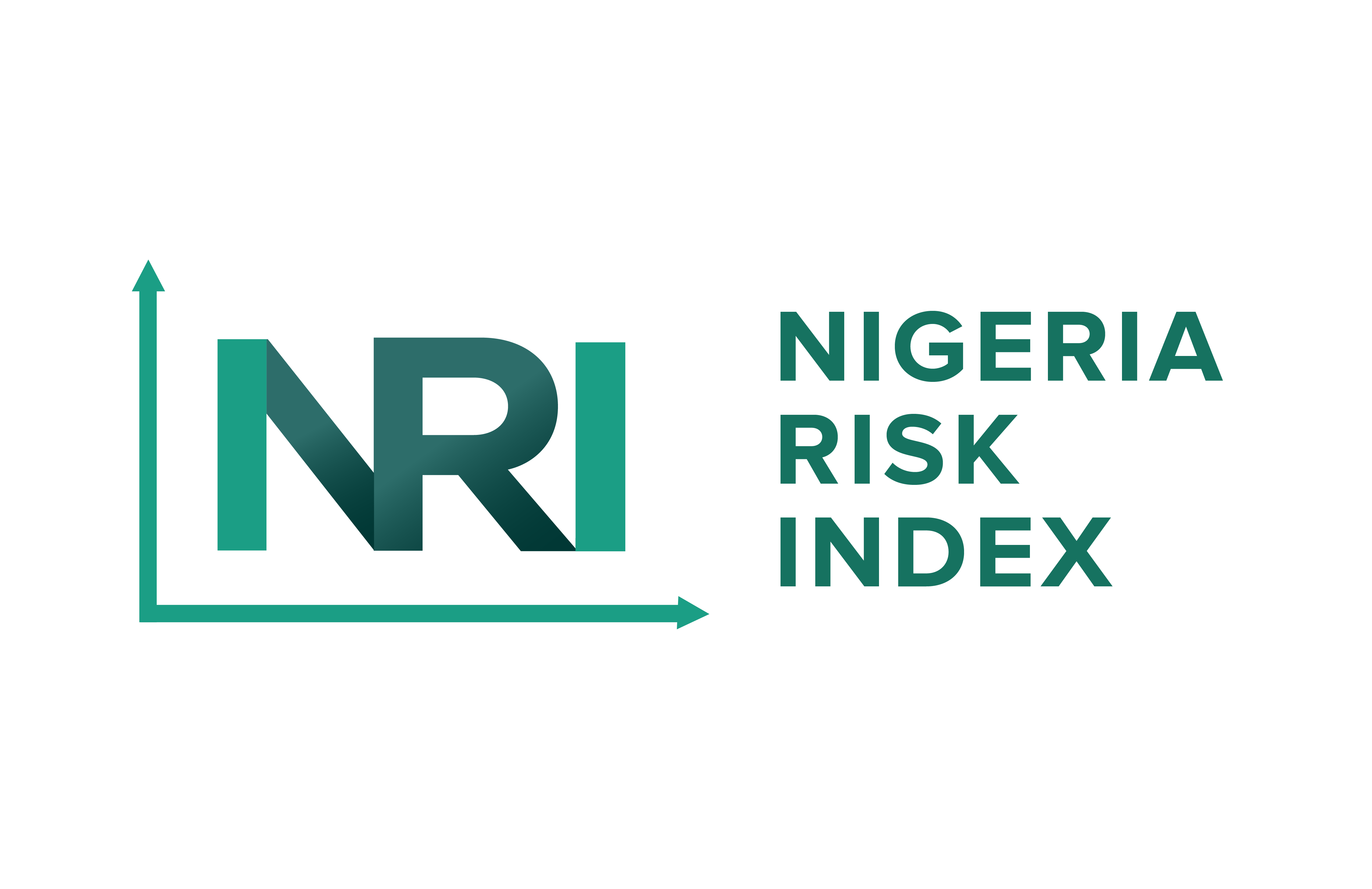Insights
Technological innovations are playing a significant role in shaping national security in the present era. Data analytics is becoming a crucial weapon in the fight against threats to peace and stability. In Nigeria, where challenges such as terrorism, cybercrime, and internal insurgencies persist, the strategic implementation of data analytics has become crucial. This article aims to demonstrate how incorporating advanced data tools and methodologies into security frameworks can enhance the nation's defences against threats.
Nigeria has a complex variety of security issues and the conventional methods of addressing these threats have frequently been reactive and need more thorough analysis procedures. As Nigeria enters a new era when digital information is a tool, it has become essential to include data analytics in security systems. Data analytics, first employed in commercial and healthcare sectors, is now being utilised in Nigeria to strengthen national security. This development holds the potential for a significant transformation in how threats are predicted and handled. Moreover, this transformation not only conforms to global standards of excellence but also provides a means of overcoming the inherent difficulties of a swiftly evolving security environment.
Applications of Data Analytics in National Security
- Predictive Policing: Predictive policing leverages data analytics to anticipate potential criminal activities by analyzing patterns from vast amounts of historical crime data and socio-economic data. For instance, by utilizing geospatial analytics, crime hotspots and times when crimes are most likely to occur can be identified, leading to more effective patrols and surveillance strategies. Predictive models can also be used to understand the underlying causes of crime in specific areas, aiding in the development of community-based interventions that address these root causes.
- Cybersecurity Measures: As cyber threats continue to evolve, data analytics provides a critical layer of defence for identifying, anticipating, and mitigating potential breaches. Machine learning algorithms can be trained to recognize the signatures of various types of cyber threats. This proactive approach not only helps in real-time threat detection but also in predicting future vulnerabilities, allowing for timely protective measures.
- Border Control and Immigration: Data analytics can aid in enhancing security through improved monitoring and evaluation of incoming and outgoing traffic. Also, analytics can help streamline the immigration process for legitimate travellers while identifying individuals or goods that might pose a security threat, thus balancing security concerns with economic and social flows.
- Counterterrorism Strategies: In the fight against terrorism, data analytics can be used to analyze enormous amounts of intelligence gathered from intercepted communications, social media, and public records. Predictive analytics can forecast potential terrorist attacks by identifying similarities between current data and pre-existing patterns from past attacks.
- Enhanced Polygraph Tests: Traditional polygraph tests verify the truthfulness of individuals in sensitive positions. With the integration of data analytics, the accuracy of polygraphs has improved, as data from physiological responses is combined with psychological analysis through behaviour pattern recognition. This holistic approach not only increases the reliability of polygraphs but also adds an extra layer of security in personnel vetting processes.
In conclusion, the integration of data analytics into Nigeria’s national security framework marks a significant evolution in the approach to safeguarding the nation. By leveraging data analytics, Nigeria not only enhances its capacity to preempt and respond to a diverse array of security threats but also optimizes resource allocation and improves operational efficiencies.

The Risk Control Team
Related Blog Posts
- GENOCIDE OF CHRISTIANS – IS NIGERIA GUILTY AS CHARGED?
- Is Nigeria under President Tinubu’s Administration, Finally Controlling Its Economic Risks?
- Northern Nigeria’s Peace Deals With Bandits: Truce or Time Bomb?
- The Dangote-Transporters Impasse: A Clash of Modernisation and Tradition
- Nigeria’s Mandatory Taxpayer Identification Number (TIN)Policy
